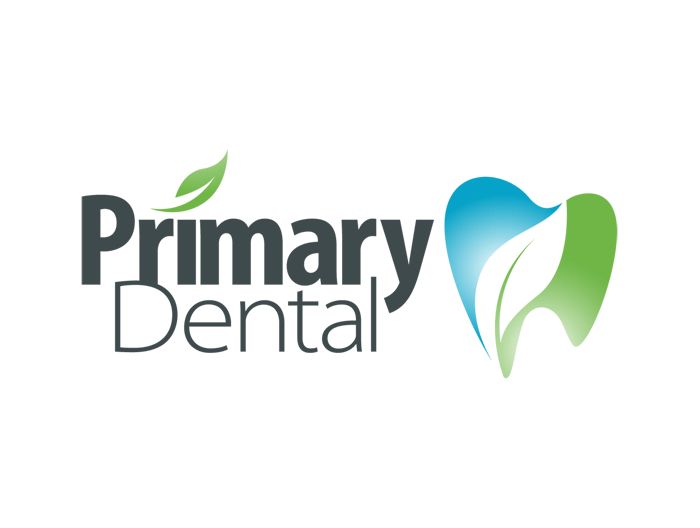Gum disease can be painless, so it is important to keep an eye on the following symptoms:
- Bleeding gums, especially when brushing your teeth
- Any swelling, redness, or tenderness in the gums
- Gums that recede or move away from the tooth
- Persistent bad breath or bad taste in the mouth
- Pain when chewing
- Loose teeth
- Visible pus surrounding the teeth and gums
What should I do about it?
If left untreated, gum disease can become a serious problem and result in tooth loss or increased risk of other health problems such as heart disease, respiratory disease, and diabetes. Once it is past the earliest stages, professional treatment from your dentist or hygienist is the only way to cure it. If you notice any of these symptoms, the sooner you seek treatment, the better your chances are of saving your teeth and health.
Who can get gum disease?
Anyone at any age can be affected, especially if you have not been making oral hygiene a priority. However, it is most common in people over the age of 30. There are some groups in the population who are at increased risk, including diabetics, pregnant women, anyone with a poor diet, and those taking illicit drugs.
What can I do to prevent gum disease?
Brush your teeth and floss at least twice a day to reduce the build-up of plaque, which is usually the cause of gum disease. Rinsing your mouth with a mouthwash that’s used to treat gingivitis can also be helpful. In addition, avoid sugary foods and drinks. Just as importantly, have regular check-ups so that we can help you monitor your oral health.





